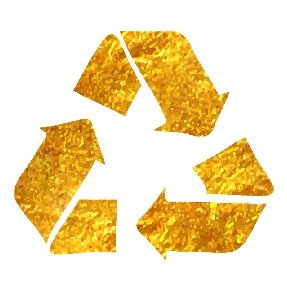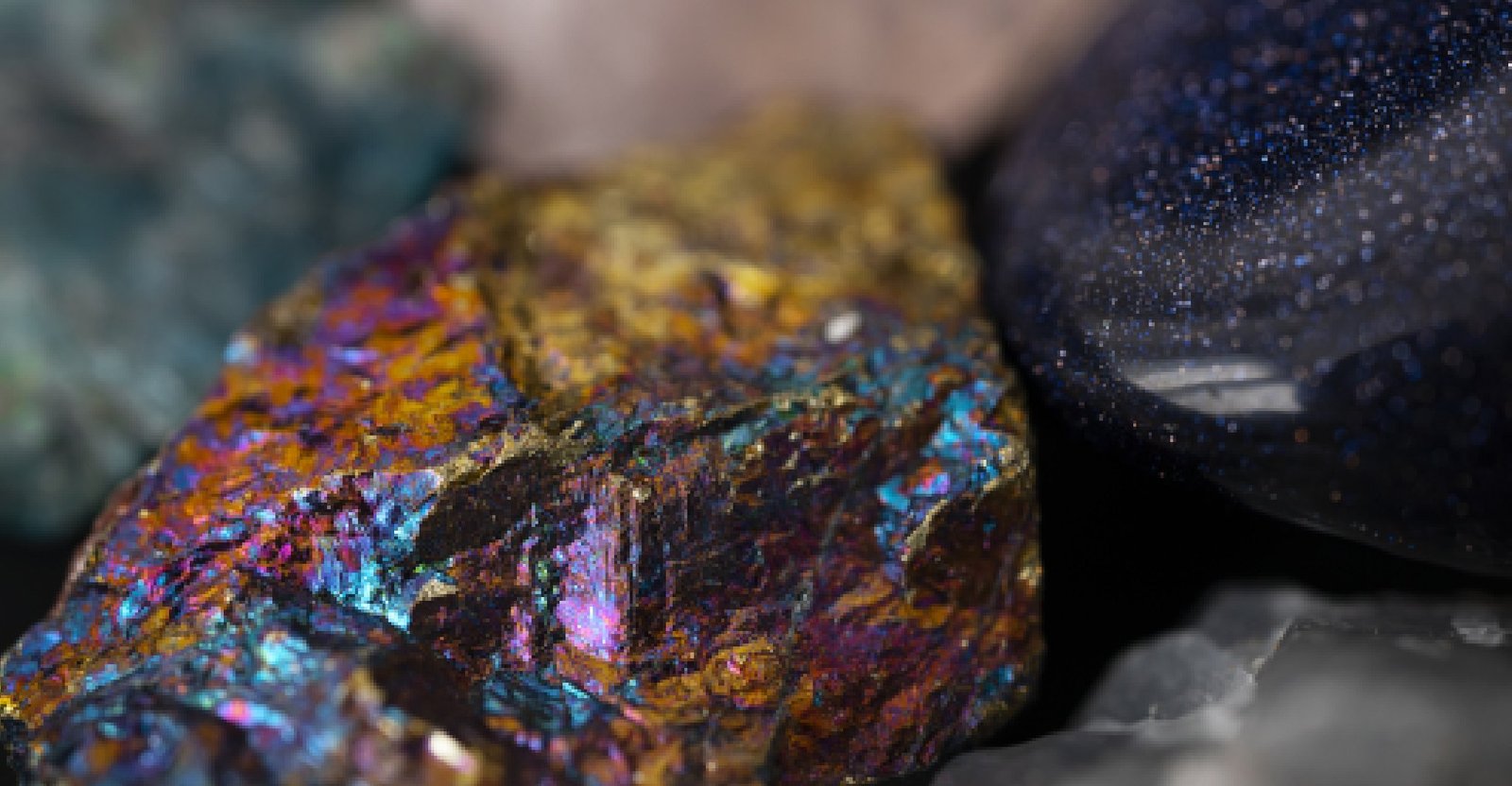Overview
The precious metals industry is pivotal in harnessing ferrous, non-ferrous, and precious metals for sustainable progress. This sector, fundamental to modern technology and manufacturing, involves extracting and recycling valuable metals like gold, silver, platinum, and palladium. These metals are extensively used in various applications, including electronics, automotive, renewable energy, and, as a direct result of extraction and recycling processes, the jewelry industry.
Precious metals are valued for their unique properties, such as high electrical conductivity, corrosion resistance, and catalytic qualities. However, extracting these metals can be environmentally challenging and resource-intensive. The industry's move towards sustainable practices focuses on minimizing these impacts through responsible mining, efficient resource management, and robust recycling initiatives.
Recycling plays a crucial role in the precious metals industry. It provides an eco-friendly alternative to mining, conserving natural resources and reducing the environmental damage associated with ore extraction. Recovering precious metals from electronic waste, industrial scrap, and other sources diminishes the strain on natural reserves and lessens greenhouse gas emissions.
Technological advances have significantly improved the industry's capability to recover precious metals from complex and diverse materials. These technological innovations are essential to meet the increasing demand for these metals, primarily driven by their expanding role in green technologies such as photovoltaic cells and electric vehicles.
The precious metals industry is integral to the global shift towards sustainable development. By focusing on responsible sourcing and recycling, the industry ensures the continued availability of these valuable resources and supports the broader goals of environmental protection and sustainable resource utilization.
Technology
Technological innovation is at the heart of the precious metals industry, crucial for enhancing efficiency and sustainability. The sector employs advanced technologies in extraction and recycling, focusing on maximizing yield while minimizing environmental impacts.
Newer and more environmentally friendly mining techniques are being developed in extraction. These include refined ore processing methods that lower energy and water usage. Technologies like bioleaching, which utilize microorganisms to extract metals, are becoming more prevalent due to their reduced ecological footprint.

The industry's recycling aspect relies heavily on sophisticated technology. Processes for reclaiming precious metals from electronic waste and other scrap materials are continually refined. These include hydrometallurgical techniques, chemical solutions to dissolve and extract metals, and pyrometallurgical methods involving high-temperature treatments.
The industry's refining processes also incorporate advanced equipment to achieve high purity levels. This is critical for applications in areas like electronics and renewable energy, where the quality of precious metals is paramount. The refining stages are tightly controlled to minimize emissions and waste.
Moreover, digital technologies such as data analytics, machine learning, and automation are increasingly used for resource management and process optimization. These tools provide insights into resource availability, process efficiency, and market dynamics, helping the industry adapt to evolving demands and sustainability goals.
Integrating cutting-edge technology in the precious metals industry is critical to sustainable and responsible resource use. Through continuous innovation and process improvement, the industry is poised to meet the needs of a rapidly changing global economy while maintaining environmental and social stewardship.
FAQs
Recycling precious metals is crucial for conserving natural resources, reducing the environmental impact of mining, and decreasing energy consumption. It provides an alternative source for these materials, lessening the reliance on natural reserves and supporting sustainable resource management.
Most precious metals, including gold, silver, platinum, and palladium, are recyclable. They can be recovered from various sources, such as electronic waste, industrial scrap, and end-of-life products.
Recycling precious metals minimizes the environmental impact of mining, conserves energy, and reduces greenhouse gas emissions. It also supports a circular economy, where materials are reused, reducing the overall environmental footprint.
It involves collecting and sorting materials containing precious metals, followed by specialized procedures to separate and purify these metals. Techniques include chemical processing, melting, and refining to recover the metals in usable form.
Yes, recycled precious metals retain their quality and properties, making them as valuable as newly mined metals. Modern recycling processes ensure the integrity and purity of these metals.
Electronic waste is a significant source of precious metals, including gold and silver. Recycling e-waste not only recovers these valuable metals but also prevents harmful environmental impacts of electronic waste disposal.
The sector faces challenges such as efficiently collecting recyclable materials, separating precious metals from complex mixtures, and handling contaminants. Continuous technological innovation is essential to overcome these challenges.
Advanced technologies enhance the precision and efficiency of the recycling process, allowing for better recovery rates and purity of the recycled metals. Innovations in separation, purification, and refining technologies are essential.
Consumers contribute by responsibly disposing of products containing precious metals, such as electronics, to ensure they enter the recycling chain. Awareness and participation in recycling programs are crucial.
Recycling precious metals is financially feasible as it provides a cost-effective alternative to mining. The process is less resource-intensive and offers a sustainable source of raw materials for various industries.
